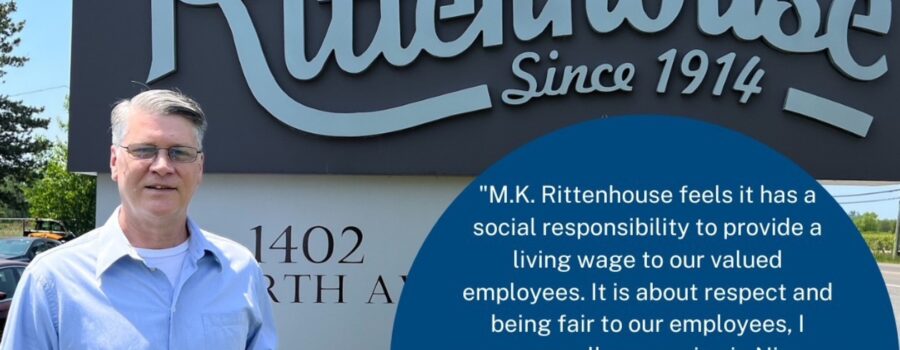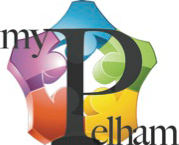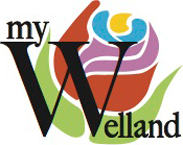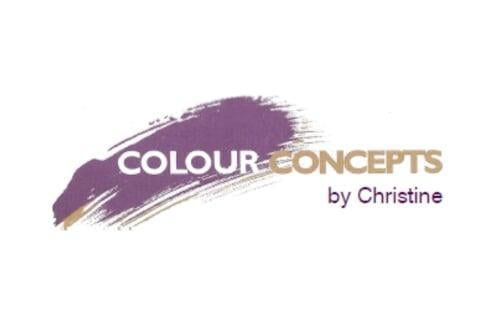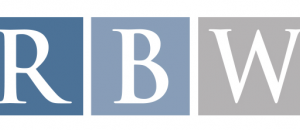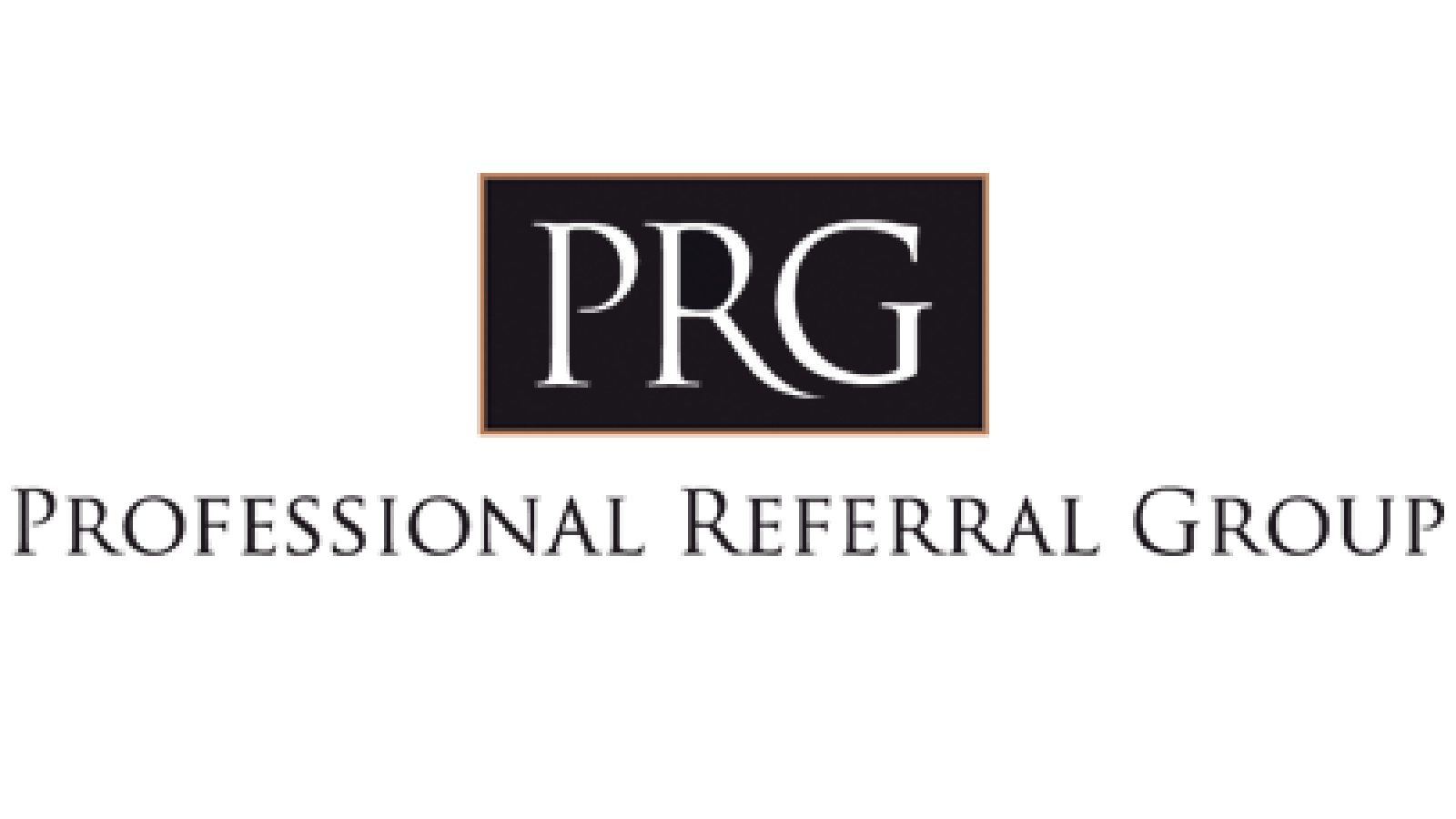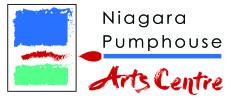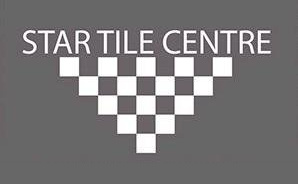United Way Niagara is excited to be taking on the Living Wage Program after nearly seven years of establishment in Niagara. Funded by the Niagara Prosperity Initiative through Niagara Region, the Living Wage Program aims to address poverty through corporate social responsibility. Providing a living wage is an important policy lever that can help lift Niagara residents out of poverty and provide them with basic economic security and opportunities for social inclusion.
What is Living Wage?
A living wage is an important poverty reduction tool to help get Niagara residents out of severe financial stress by providing the means to raise children and take part in social and community activities. Living wage is not the same as minimum wage, which is the legal minimum all employers must pay. The living wage reflects what earners in a household need to be paid, based on the actual cost of living and being included in a specific community.
The living wage for 2022 in Niagara is $19.80 per hour. It is calculated as an evidence-based hourly rate at which a household in Niagara can meet its basic needs.
Included in this calculation are:
- food
- shelter
- clothing
- transportation
- communication
- child care
- private health care insurance for prescription medication/dental coverage
- continuing education for adults to upgrade skills
- participation in community (i.e. recreation and leisure)
Benefit to Employers
Employers paying a living wage experience improved reputation of the business, better relationships between management and staff, decreased employee turnover and absenteeism, increased retention and productivity, and savings on rehiring and retraining. Employers can use the living wage as a tool within their recruitment strategy for lower paying occupations. Additionally, long-term, stable, happy employees lead to better relationships with customers, which aids in growing a business.

